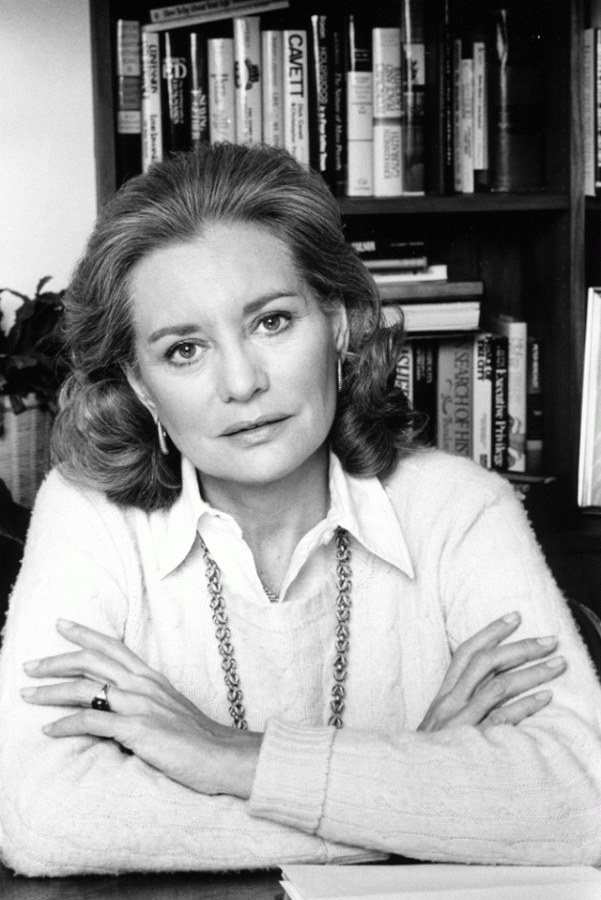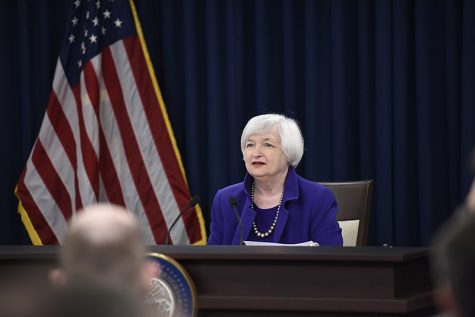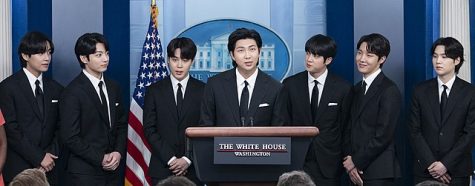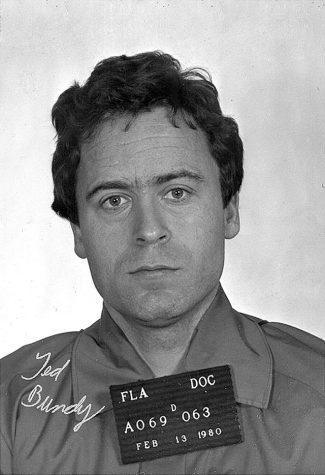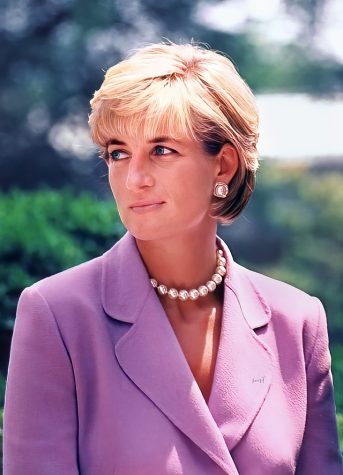Remembering Barbara Walters: how her career redefined women’s place in journalism
Barbara Walters in her office in 1979
There will always be people who create revolutions within their fields, disrupt the status quo, and change the lives of others around the world. Barbara Jill Walters was one of those people. After working for a handful of networks and agencies like WNBT-TV (WNBC), WPIX, and CBS, Walters became a writer and researcher for NBC’s “The Today Show” in 1961, working her way up to becoming the show’s “Today Girl.” When her colleague Frank McGee became host of the “Today Show,” he refused to do any joint interviews with Walters unless he was given the first three questions of the interview. “So, I went off and did my own,” Walters told NPR’s Michel Martin in a 2008 interview, “And that’s when I did interviews like Henry Kissinger or Dean Rusk, or President Nixon for that matter.” After McGee died, NBC officially designated Walter’s as the program’s first female co-host, the first of a U.S. news program. When she left the show two years later, she signed a five-year, $5 million contract with ABC where she co-anchored with Harry Reasoner on ABC Evening News and became the highest-paid news anchor, either male or female. And in 1979, Walters became a correspondent on the ABC newsmagazine 20/20 along with her old colleague and former “Today Show” host Hugh Downs.
By dealing with the scrutiny caused by her male colleagues, Walters laid the foundation, so that young women can now take positions in the journalism field. Meteorologist Karen Rogers talked about watching Walters last appearance on the View. Rogers said, “They looked around at the end and she said, ‘you are my legacy’ and I think that really mattered to her. Not just all of the famous stars that she interviews, all of the politicians that she scrutinized, but I think what mattered more was that she knew was paving the way for other women to walk forward.” Michael Wolk, a media teacher, said that at least half of his students, if not more, are female. “Walters knew if she was going to be one of the first female journalists, she would have to be better than average, and she was amazing. I’m sure seeing a woman doing the job that she did made younger women know it was possible to get to that level,” said Wolk.
It’s hard to imagine a world without Walters, however, if she will be remembered for anything, it will be her dedication to the story on and off the field. Her determination and willpower is something young people can admire whether they choose to go into journalism or not. And ultimately, Walters’s effect on the world will be seen for generations to come.
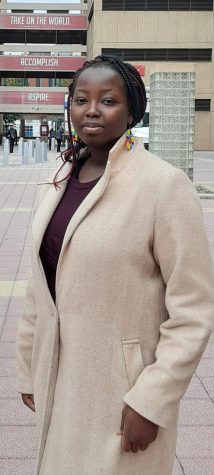
Adeola Adejare is a Junior at Clearview and a staff writer for Clearview's newspaper, The Pioneer. In her free time, she bakes, writes, or plays video...

